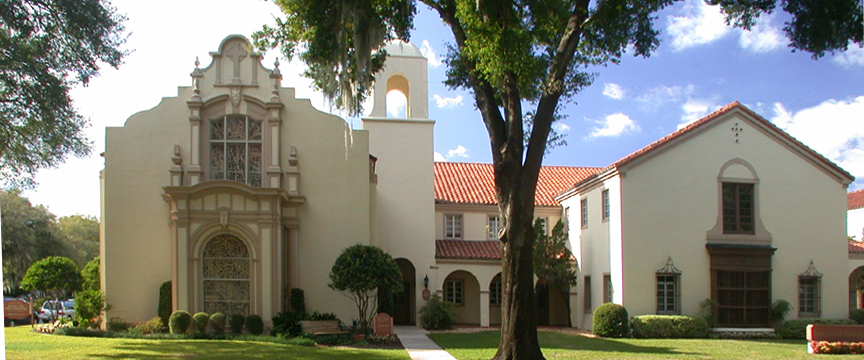At the moment I am working through a book that details the allied leader’s strategy throughout WWII. Andrew Robert’s Masters and Commanders focuses on the relationship between President Roosevelt, General Marshal, Prime Minister Churchill, and General Brooke. Of course, I expected there to be natural moments of friction, stress and strong personalities tend to do that. It also helps to know how the story ends. That said, the sheer number of times that seemingly preposterously insignificant events, and bruised egos, almost caused crucial strategies to crumble and all-important trust to evaporate was staggering. The delicate balance of addressing expectations of British people with the fight on their doorstep, the occasionally fickle American electorate, the politicians brushing with their military representatives, and squabbles between different branches, even from within the same countries, made the work more like balancing a baseball bat upright on the palm of your hand than consistently ‘allied’ response.
Whenever the times were most tense, Roberts always brings the focus back to the fact that both British and American leadership knew that defeating Hitler was impossible without working together. That was the guiding mission. The waypoint of a far off mountain. There were disagreements on the where, when, and how, but never that defeating Hitler and the rest of the Axis powers was the goal. The future of the world as it was known was at stake.
It strikes me, that as a church, as a denomination, as followers of Jesus in the United States of America that far too often we get distracted by the where, when, and how. We loose sight of the fact that God has called us as the church to share the Good News of Jesus Christ. One of the benefits of joining a particular ‘tribe’ of Jesus followers is that the unique particularity of that tribe provides a direction or structure. It offers a framework of the where, when, and how of following Jesus. As the Wesleyan/Methodist tribe we have basically forgotten why we are a unique team at all. Addressing this has been part of my goal in working through John Wesley’s standard sermons, and I hope they have been of some value to this end.
In fact, Wesley specifically names the chief reason he believes God has raised up the people called Methodists. From one of Wesley’s letters (emphasis mine):
“I am glad brother D — has more light with regard to full sanctification. This doctrine is the grand depositum which God has lodged with the people called Methodists; and for the sake of propagating this chiefly, He appeared to have raised us up.
Where Christian perfection is not strongly and explicitly preached, there is seldom any remarkable blessing from God; and, consequently, little addition to the society, and little life in the members of it. Therefore, if Jacob Rowell is grown faint, and says but little about it, do you supply his lack of service. Speak and spare not. Let not regard for any man induce you to betray the truth of God. Till you press the believers to expect full salvation now, you must not look for any revival.”
The great and unique deposit that Wesley sees God having made within the spiritual ‘bank’ of the Methodists is full sanctification or Christian perfection. This is our guiding waypoint. If sin is Hitler (and I mean…) then entire sanctification as our Operation Overlord. We will continue to unpack what, “going onto perfection,” means and how it ought to impact our faith and lives. Today, I just want to underscore the uniqueness of this call in the world of Christendom and its basic meaning. My Methodist history professor in seminary, offers what I believe to be the best distillation of the primary implication of this belief. Methodists should have the most audacious optimism of the work God can do to transform people’s lives. Wesley takes the call of Matthew 5:48, “Be perfect, therefore, as your heavenly Father is perfect,” as seriously as it is written. If God has commanded it, then there must be a way to fulfill that command. God is calling you, is calling me, beyond what we even think possible.
You are loved, and catch you next week.
P.S. Here is C.S. Lewis’ contribution on Matthew 5:48 from Mere Christianity:
“The command Be ye perfect is not idealistic gas. Nor is it a command to do the impossible. He is going to make us into creatures that can obey the command. He said (in the Bible) that we were ‘gods’ and He is going to make good His words. If we let Him–for we can prevent Him, if we choose–He will make the feeblest and filthiest of us into a god or goddess, a dazzling, radiant, immortal creature, pulsating all through with such energy and joy and wisdom and love as we cannot now imagine, a bright stainless mirror which reflects back to God perfectly (though, of course, on a smaller scale) His own boundless power and delight and goodness. The process will be long and in parts very painful, but that is what we are in for. Nothing less. He meant what He said.”











